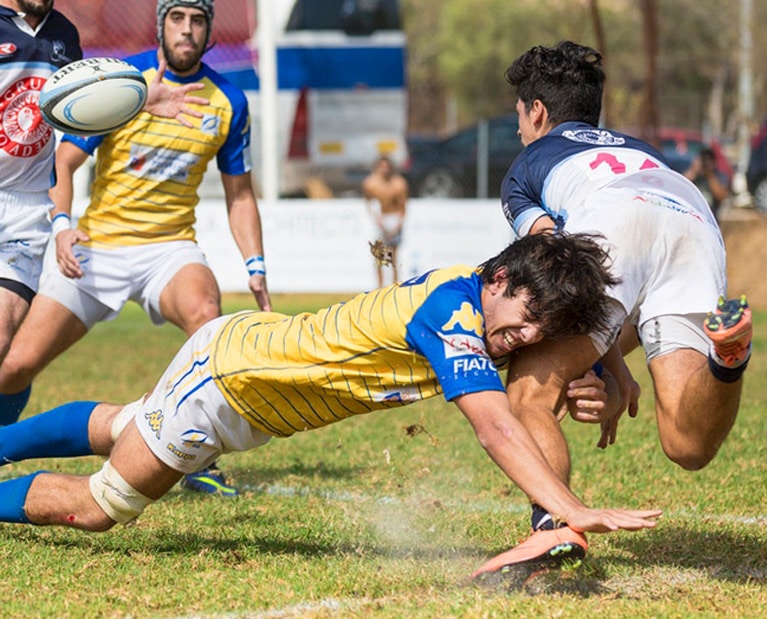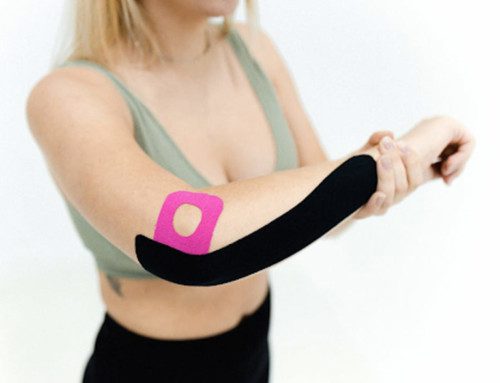A concussion is a mild traumatic brain injury (mTBI) that typically occurs when someone hits their head or quickly moves their head from one direction to another, such as in the instance of a car accident.
Concussions result in symptoms which usually resolve after one to two weeks. Post-concussion syndrome (PCS) occurs when signs of a concussion do not resolve within a typical timeline and become persistent.
The symptoms of concussion include:
- Balance deficits
- Dizziness
- Headaches
- Nausea
- Trouble sleeping
- Light and sound sensitivity
In some cases, you may also note emotional changes and difficulty with cognitive tasks.
What to Do When You Think You Have a Concussion
If you're concerned that you have sustained a concussion or are suffering from PCS, you must seek out appropriate medical attention. The best course of action to treat all aspects of post-concussion syndrome is by putting together a professional multi-disciplinary team.
Those who have endured a concussion need to take a break from sports participation to avoid a second injury, as research shows that obtaining a second mTBI before the first one has healed will result in permanent brain damage.
Treating Concussions with PT
Physical therapy can play an essential role in mTBI recovery so you can return to regular activities. Here are a handful of the following symptoms that can be treated with physical therapy:
Neck Pain
Concussion patients often suffer from whiplash, a type of neck pain that occurs following the rapid movement of the head from one side to the other. A physical therapist can help address neck pain and any resulting loss of motion or strength that may occur following the injury. Additionally, your PT can treat headache symptoms that may be closely related to neck pain.
Endurance
Studies show that patients with concussions experience insufficient energy levels. As a result, graded aerobic exercise is a necessary component to recover from a mTBI. Your physical therapist will test your endurance to determine the appropriate level of activity required to manage your symptoms.
Vestibular Symptoms
Some patients experience dizziness and blurred vision following mild traumatic brain injury. In physical therapy, we test your vestibular-ocular system as it relates to your vision and control of your eye muscles to help create a program to retrain your system.
Balance
Patients often have impairments in their balance caused by a culmination of all of the above deficits. Before you fully return to regular activities such as work or sports, your PT may recommend a balance retraining program.
If you think you are dealing with post-concussion syndrome and are concerned about recovery, contact SetPT Physical Therapy today for a consultation and evaluation of symptoms.





